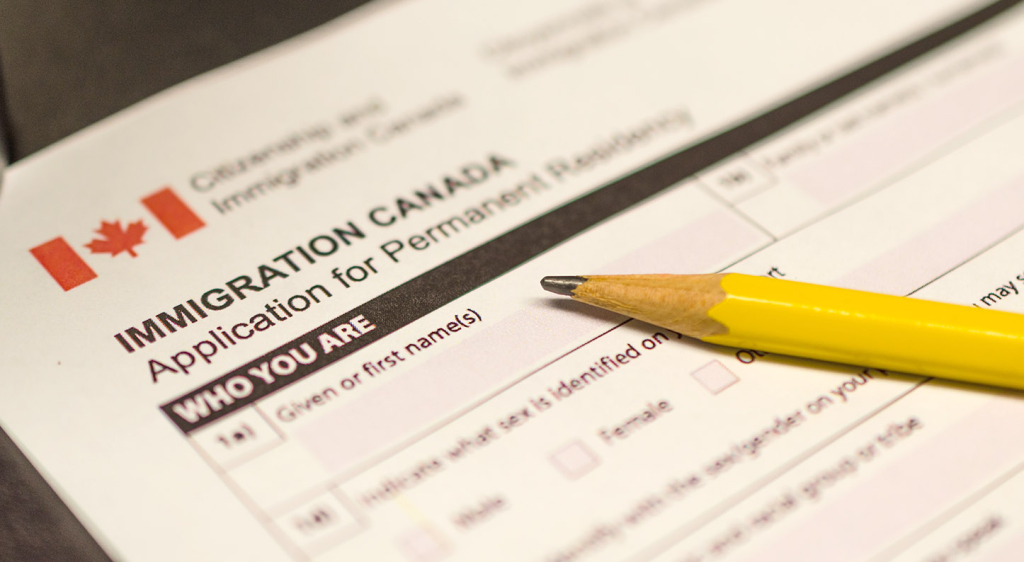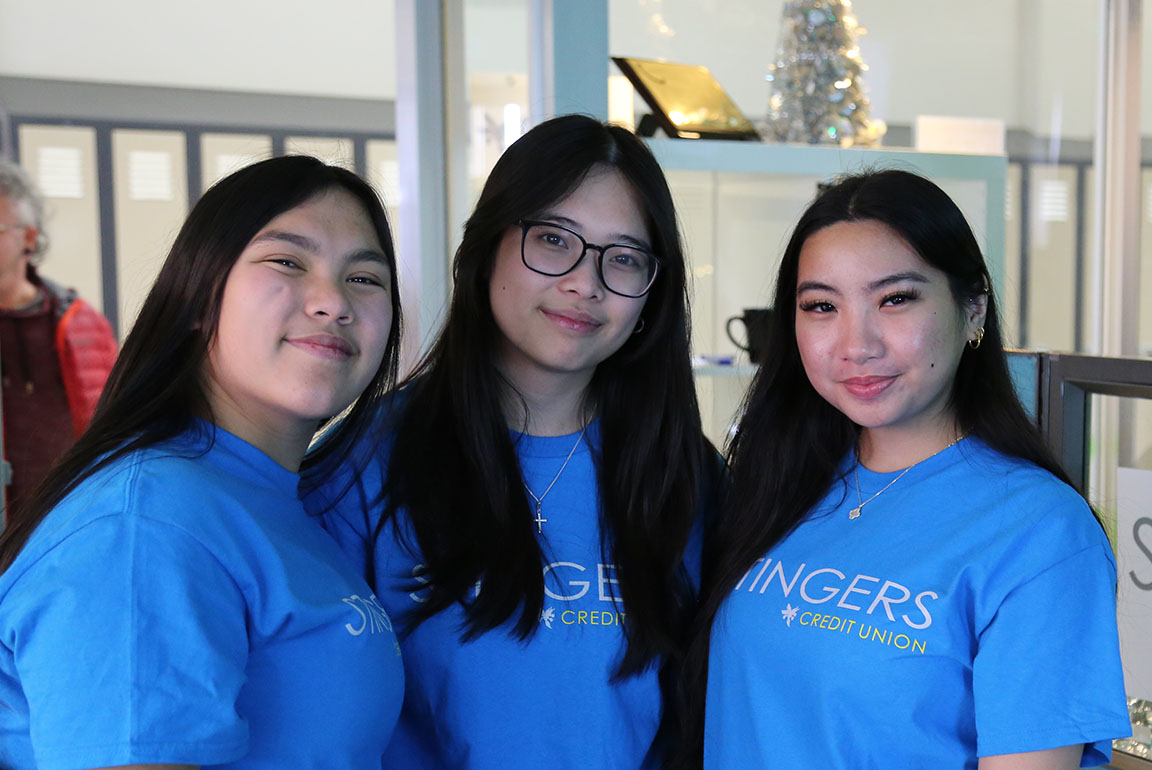Posted: March 28, 2024 by Asterisk Blog in Invest, Money tips, newcomers, Newcomers to Canada, permanent resident
Investing in a new beginning: Wealth Building Tips for newcomers to Canada
There are a number of barriers to investing for newcomers, like learning a new language or adapting to different social customs—even getting used to the weather.
But they can also face barriers to building wealth, especially if they don’t speak English or French, or aren’t familiar with Canadian financial institutions.

Newcomers to Canada want to set themselves up for success, and that should include building wealth to meet short and long-term goals, like retirement. While the most pressing priority is opening a bank account, newcomers will also want to establish a credit history, since credit scores don’t transfer from country to country.
From there, newcomers will want to start building wealth in the country they now call home.
Understanding the Canadian financial ecosystem

“The biggest drawback for newcomers is lack of information—they just don’t know what’s available to them,” says Greg James, a Wealth Advisor with ACU. Greg moved to Canada from Jamaica in 2009, and while he’s no longer a newcomer, he understands many of the challenges they face.
In the Caribbean, for example, Registered Retirement Savings Plans (RRSPs) aren’t common. And there’s no such thing as a Tax Free Savings Account (TFSA) or Registered Disability Savings Plan (RDSP). Newcomers may want to invest their money, he says, but they may not know what’s available to them.
You don’t need to be a permanent resident to start growing your wealth!
In Canada, you can invest your savings while on a work permit or waiting for permanent residency. Certain investments, like a TFSA, are available to any adult living in Canada with a social insurance number.
Which investments are available to newcomers
If you’ve lived and worked in Canada long enough to file a tax return, then you’re eligible to contribute to an RRSP. The contribution limit will be based on your tax return from the previous year.
“If you invest in an RRSP while you’re on a work permit, you can get a tax break,” says Greg.

Even if you decide to leave Canada, your work permit isn’t extended, or you’re declined for permanent residency, you can still withdraw that RRSP money, so it won’t be stuck in Canada. As with all RRSPs, a percentage will be taxed when you withdraw funds.
But if you’re a recent immigrant and want to invest immediately, you can open a TFSA right away—so long as you’re over 18 years of age and have a valid social insurance number. In 2024, you’re allowed to contribute up to $7,000, tax-free. (Explore more details on TFSA and contribution limits.)
If you’re not a legal resident, you can still open a TFSA, but you’ll be taxed one percent each month on contributions. Once you become a permanent resident, you’ll no longer have to pay the one percent tax. International students can also contribute to a TFSA. Or, they could put their tuition money into a high-interest savings account, where it’s still easily accessible if they need it.
“If you’re hoping to become a permanent citizen,” as Greg explains, “you don’t need to put off investing until your plans are firm.”
Cultural and religious considerations
There are also cultural and religious considerations for some newcomers regarding investing, which could serve as barriers to the Canadian financial ecosystem. Some newcomers simply don’t feel comfortable walking into a bank in an unfamiliar country, so they’d be less likely to seek information in-person at a branch.

Others may mistrust big banks or seek a financial institution committed to ethical investing. These individuals may consider a credit union that emphasizes values over profits.
Still others may be opposed to earning interest for religious reasons. For example, traditional banking can be a barrier for Muslim members, since receiving and paying interest is forbidden in Islam. But, by talking to a financial advisor, they could find ways to donate their interest to charity. ACU also offers an Islamic Mortgage, based on a shared ownership concept called ‘musharaka,’ which is approved through the Assiniboine Islamic Advisory Board.

How to get started
“If you’re new to Canada and have a bank account, you have at least some relationship with a financial institution,” Greg continues. “Start by meeting with an advisor at the credit union or bank.” Financial seminars are also available to newcomers, often offered for free through newcomer information centres and settlement services.
Thanks to its multicultural roots, Canada also has a number of services available in languages other than English and French. Newcomers who aren’t proficient in English or French have other options available to them.
ACU also offers a New to Canada Program that can help newcomers set themselves up for financial success, and a culturally diverse employee base that speaks a wide array of different languages.
If you’re a landed immigrant, international student, refugee or foreign worker, find out how ACU can help you start building wealth! Book an appointment with an advisor today.
Up Next
Community stories
Read more ›
Celebrating the 10th anniversary of student-run credit union
Just over 10 years ago, a survey circulated at Winnipeg’s Technical Vocational High School. The results showed that students at the school, commonly known as Tec Voc, felt short-changed—they were…
Borrow, Business growth, Community stories
Read more ›
Kilter Brewing Co. serves up craft beer and community connection in St. Boniface
Deep in the heart of St. Boniface, Kilter Brewing Company is a hidden treasure—an oasis for Winnipeggers to escape their day-to-day routines, enjoy craft beer and connect with their community….
Borrow, General, Money tips
Read more ›
How to use a mortgage calculator to budget better
Learn how to use ACU’s mortgage calculator to figure out how much mortgage you can afford, and what budget you should set before you start house hunting. A mortgage lender…




